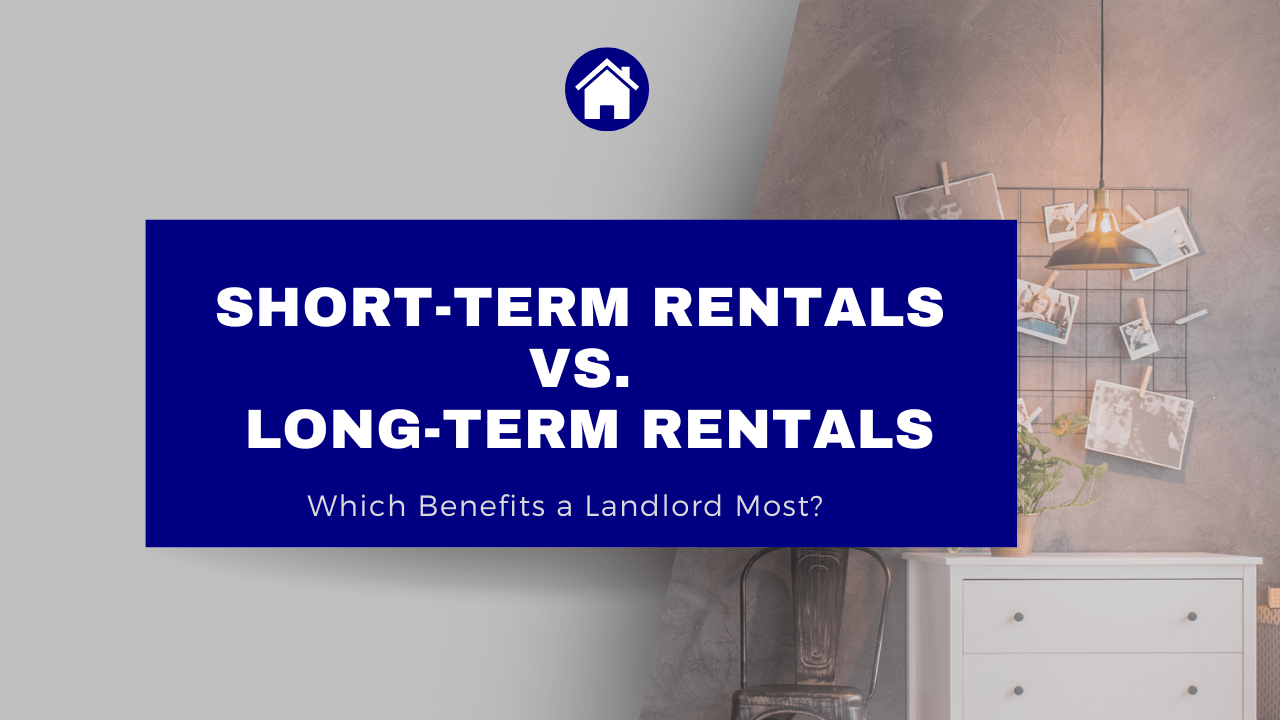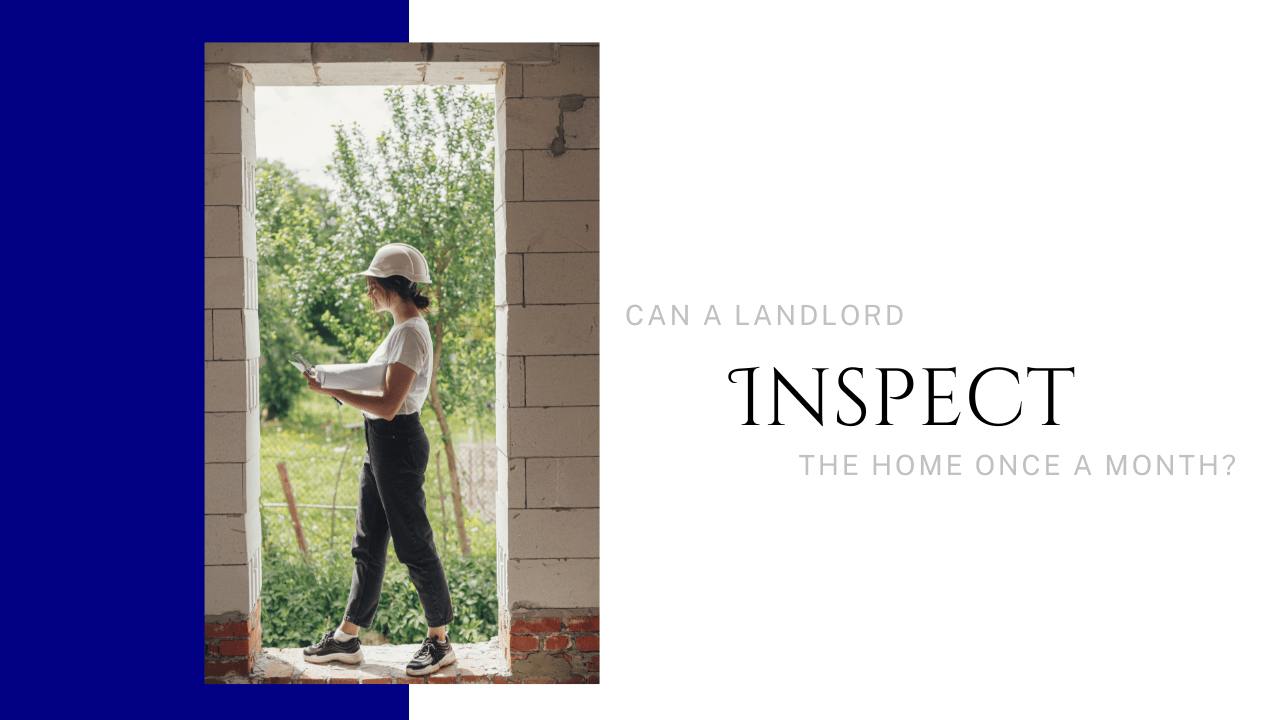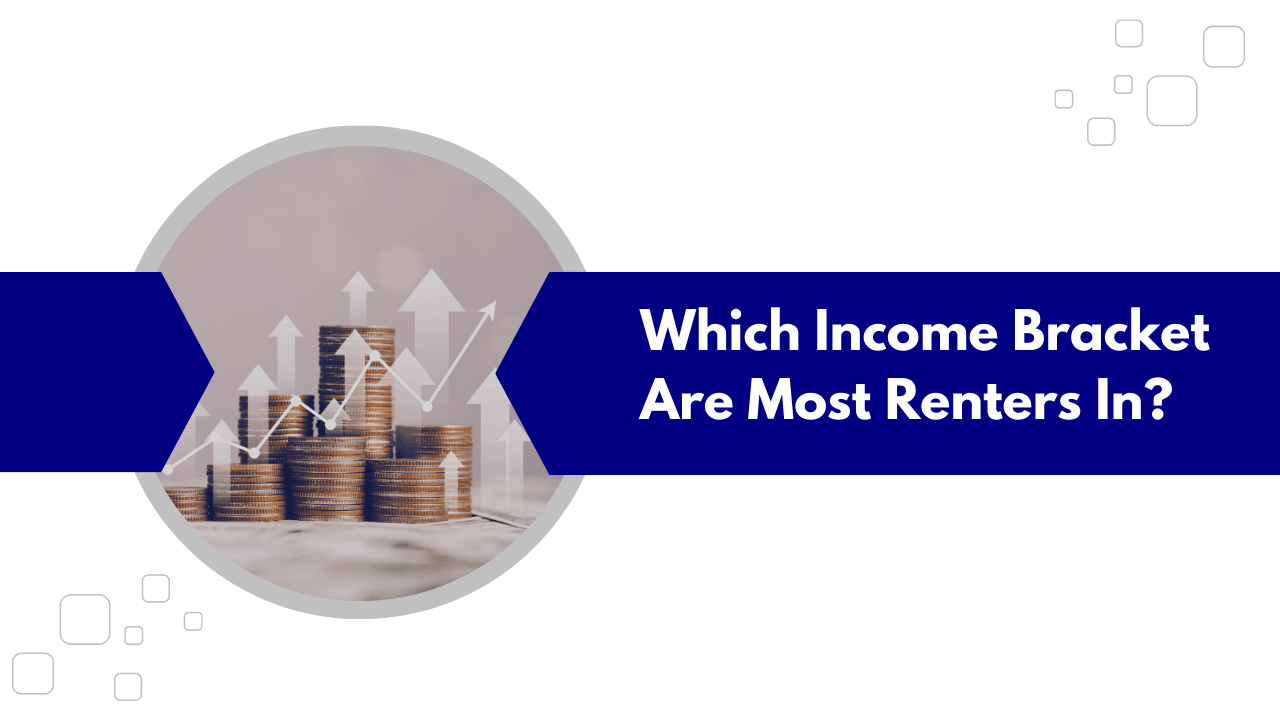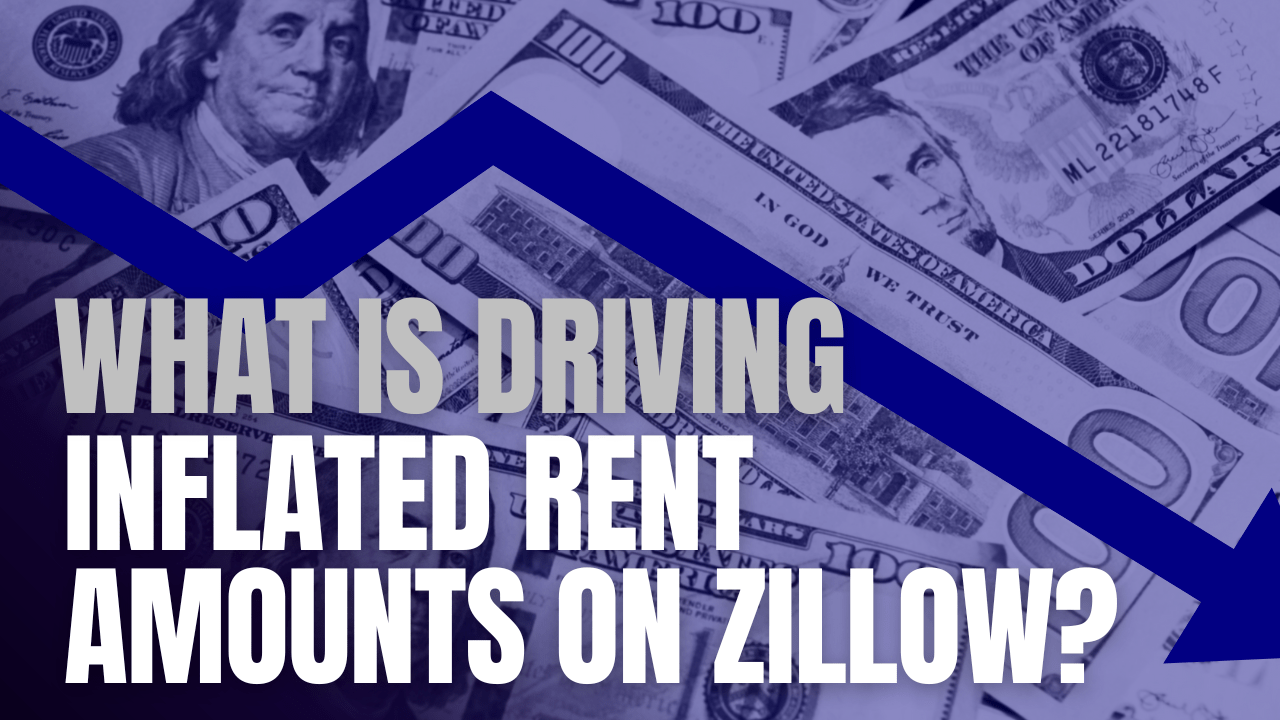At Sacramento Delta Property Management, our
expertise is in the leasing, management, and maintenance of single-family homes and townhomes. We prioritize long-term rentals because we believe that delivers the most stability and the best profitability for owners. However, we recognize that short-term rentals are having a moment. So, we decided to put together a comparison of short-term and long-term rental homes so investors and landlords can decide for themselves which type of property will best align with their investment goals.
Short-Term Rentals
Short-term rentals are typically leased out for durations of a few days to a few months. These are popular for vacation properties, travelers, and those seeking temporary housing options. Benefits include higher per-night income potential, more flexibility, especially if you want to use the property yourself from time to time.
However, resident turnovers are frequent. That means more cleaning, more marketing, and more residents to manage as they come and go. You’ll also find that there are seasonal gaps in when your property is always occupied or often vacant. You need to be aware of legal restrictions that could be in place around short-term rentals. Your HOA might not even allow short-term rentals at all as many have prohibited it. Additionally, you must expect a lot of extra wear and tear on the property; that may be to any furnishings you provide (if it’s a furnished unit) or the frequent move-ins and move-outs, if it isn’t furnished.
Long-Term Rentals in Sacramento
Long-term rentals are leased for extended durations, typically one year or longer, and appeal to prospective residents looking for stable housing. These provide consistent income stability for you as the owner. You know that you’re getting a predictable amount of monthly rental income, and you know it will continue to come in for the duration of the lease term. This consistency is particularly appealing for budgeting and financial planning. With long-term residents, there is
less frequent turnover, which reduces wear and tear on your rental home, costs related to marketing, cleaning, and finding new renters.
You’re also establishing relationships with residents, which can lead to smoother interactions and fewer conflicts. Residents who feel at home in your property are more likely to take care of it and stay for longer lease terms.
Investors may prefer not to rent for the long-term because monthly rents may not match the potentially high earnings short-term rentals can achieve during peak seasons, especially in high-demand destinations. There’s also limited flexibility. Long-term leases mean you’re
locked into agreements. If you want to sell the property or use it for personal reasons, you’ll need to wait for the lease to end.
California also has additional protections when it comes to renters. A long-term lease must respect the state’s security deposit laws, implied warranty of habitability, and eviction protocols.
Key Considerations for Landlords


















